What is Lung Cancer?
Lung cancer develops within the lining of the air passages of the lungs. Lung cancer is known to be one of the deadliest types of cancer. Only 18.6% of lung cancer patients survive five years or longer. Not only one of the hardest types of cancer to treat, but also one of the most common. There are 2.1 million new cases worldwide and 1.8 million deaths annually.
The two main subtypes are small cell and non-small cell lung cancer. Non-small cell accounts for 85% of all patients and small cell accounts for 15%. The main difference between the two subtypes is the size of the cancer cells and small cell lung cancer is usually more aggressive.
Lung Cancer Symptoms
Lung cancer symptoms depend on both the subtype and the stage of the disease. They can include:
- Persistent cough
- Blood in mucus
- Hoarse throat
- Difficulty breathing and/or swallowing
- Fatigue
- Unexpected weight loss
- Pain or discomfort in the chest
What Causes Lung Cancer?
Smoking causes the majority of lung cancer cases. When smoke is inhaled from cigarettes, cells that line the lungs are damaged from carcinogens. Damage in lung tissue can be recognized almost immediately. Over time, your body loses the ability to repair the damage as cells are continuously damaged. The damaged cells can eventually develop into cancer.
Lung Cancer Risk Factors
The most common and widely known risk factor for lung cancer is smoking. Smoking is believed to cause around 80% of all lung cancer cases. Also, secondhand smoke causes the same cancer-causing agents, but not quite the same amount as if you were smoking yourself. Other risk factors include:
- Exposure to radiation
- Family history of lung cancer
- Exposure to radon, asbestos, arsenic, or tar
- Air Pollution
- HIV infection
Lung Cancer Prevention
There is no way to ensure you are prevented from developing lung cancer. The best thing to do is avoid harmful risk factors that cause lung cancer. To reduce your risk for lung cancer, you can:
- Stop smoking if you have started, or don’t smoke at all
- Try your best to avoid secondhand smoke
- Test your home for harmful chemicals like radon
- Exercise multiple times a week
- Balanced diet including vegetables and fruits
Lung Cancer Treatment
Treatment for lung cancer patients can depend on several factors including the stage of the disease, subtype, symptoms, overall health, and complications experienced. Your doctor will consider the following treatment options:
- Surgery
- Radiation therapy
- Chemotherapy
- Targeted therapy
- Immunotherapy
- Laser therapy
- Photodynamic therapy (PDT)
- Cryosurgery
Surgery is the ideal treatment for early-stage cases to remove the tumor. Chemotherapy or radiation are often given in addition to surgery to attack any remaining cancer cells to decrease the chance of recurrence. In later stages, treatments such as targeted therapy, immunotherapy, and new treatments in clinical trials are considered.
Lung Cancer Clinical Trials
There are approximately 737 lung cancer clinical trials that are currently recruiting patients in the United States right now. With such an extensive list, many of them could be beneficial for you. Our team of patient relations coordinators, who are oncology nurses, and our artificial intelligence based clinical trial matching system will find the best option for you.
With just a few clicks, you can see your clinical trial matches now. Click here to use our advanced clinical trial match tool.
How Do We Help Lung Cancer Patients?
Massive Bio offers an independent cancer treatment analysis as well as free clinical trial matching for lung cancer patients. Our patient relations coordinators work closely with patients to gather information on their current medical status, and then will provide a list of options from available cancer clinical trials close to your home.
We can also provide a comprehensive case analysis through our Virtual Tumor Board from cancer specialists. The Virtual Tumor Board (VTB) is comprised of highly specialized oncologists from nationally recognized Cancer Centers of Excellence. In just 7-10 days after receiving your medical records, we can get you a treatment plan without having to travel far distances and use your valuable time.
Sources:



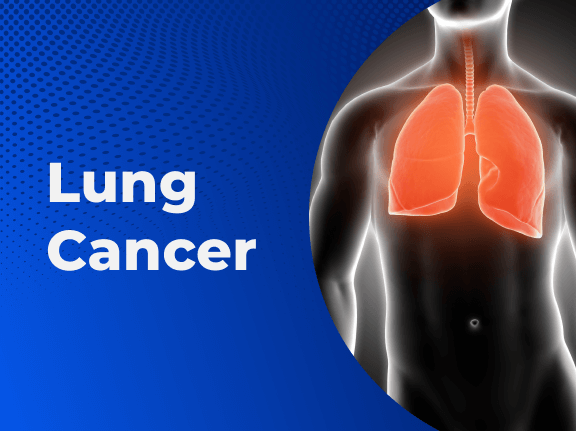


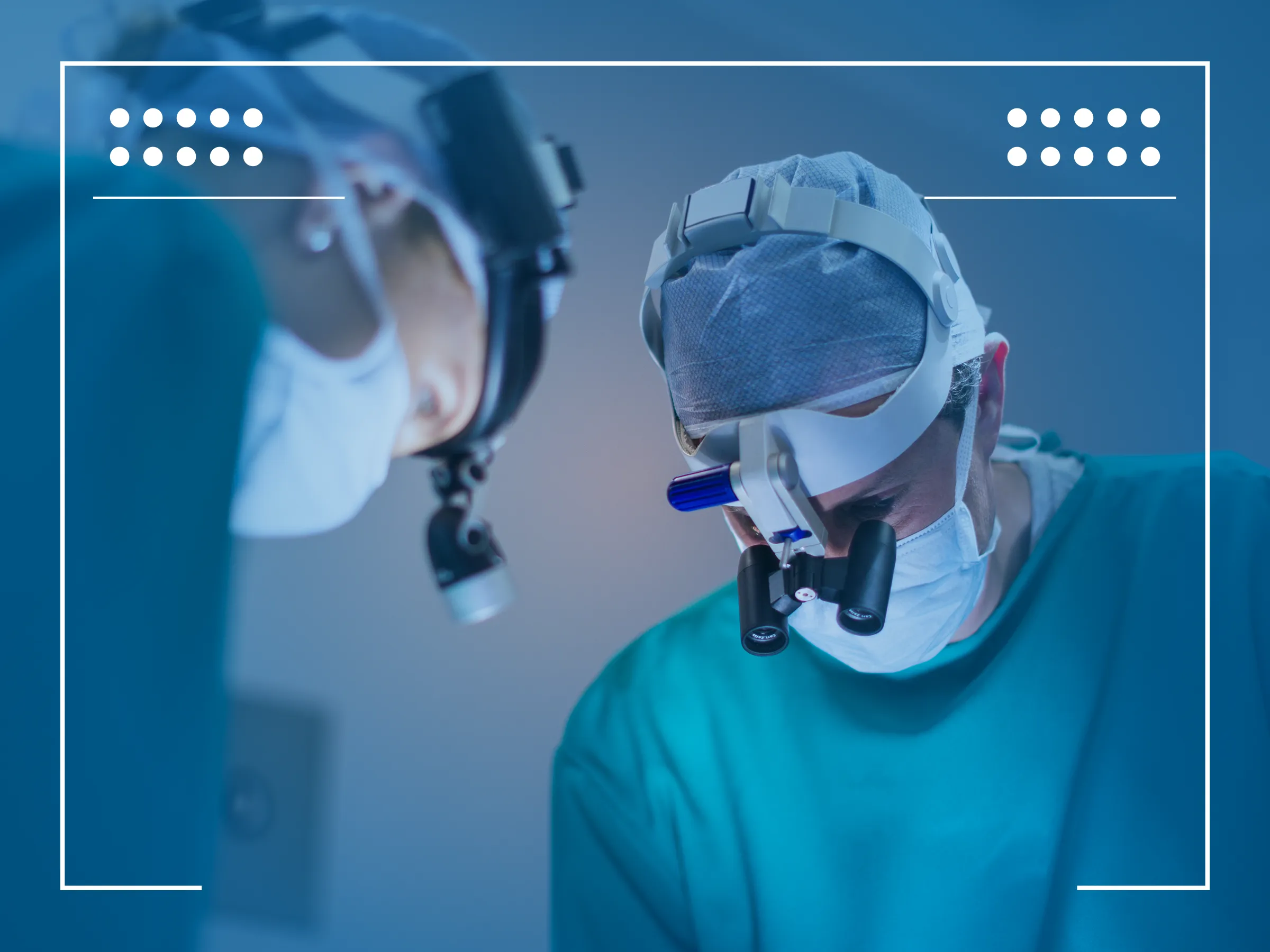
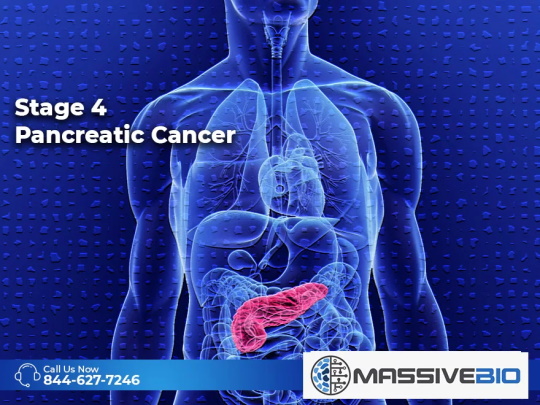

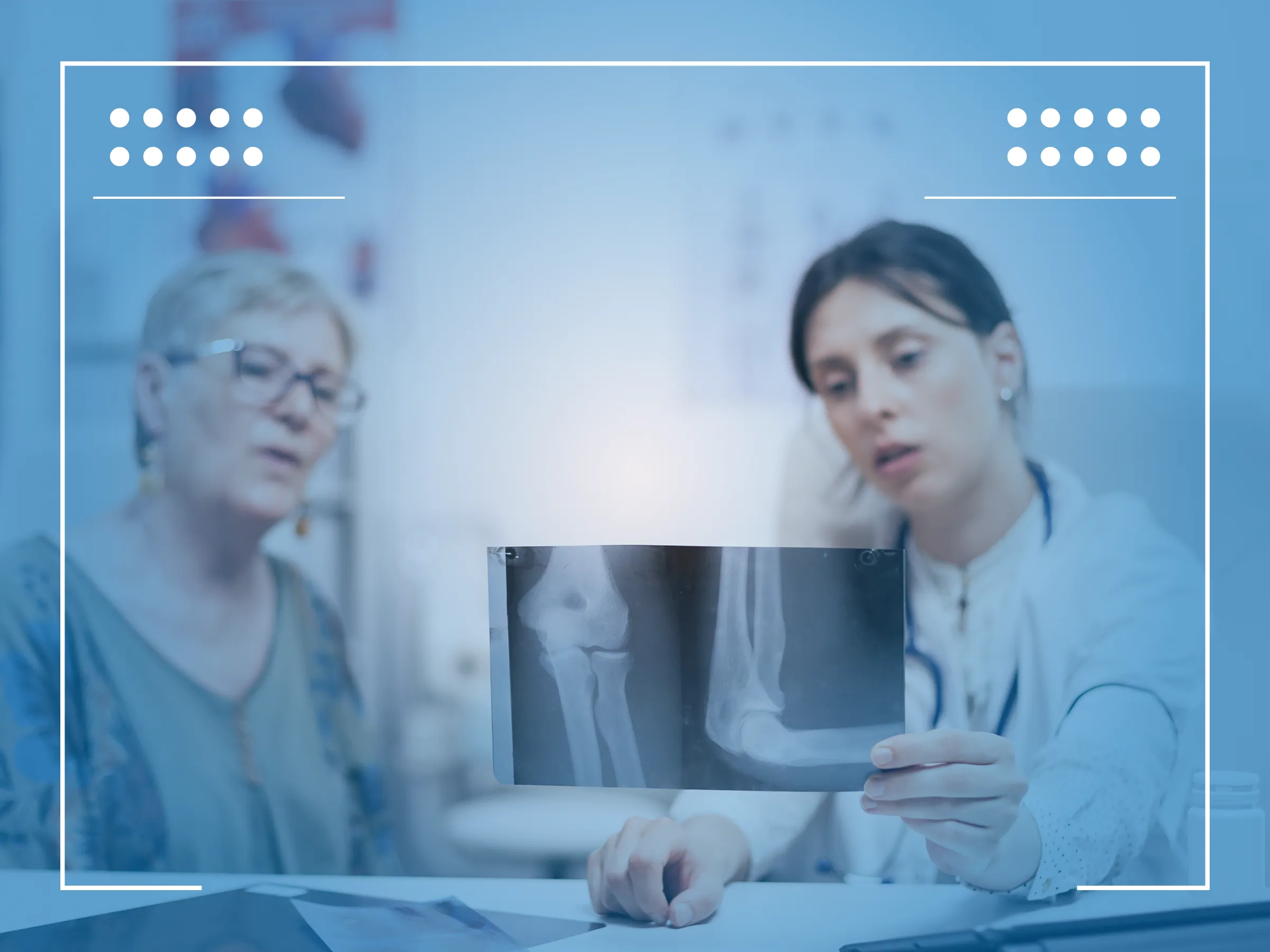

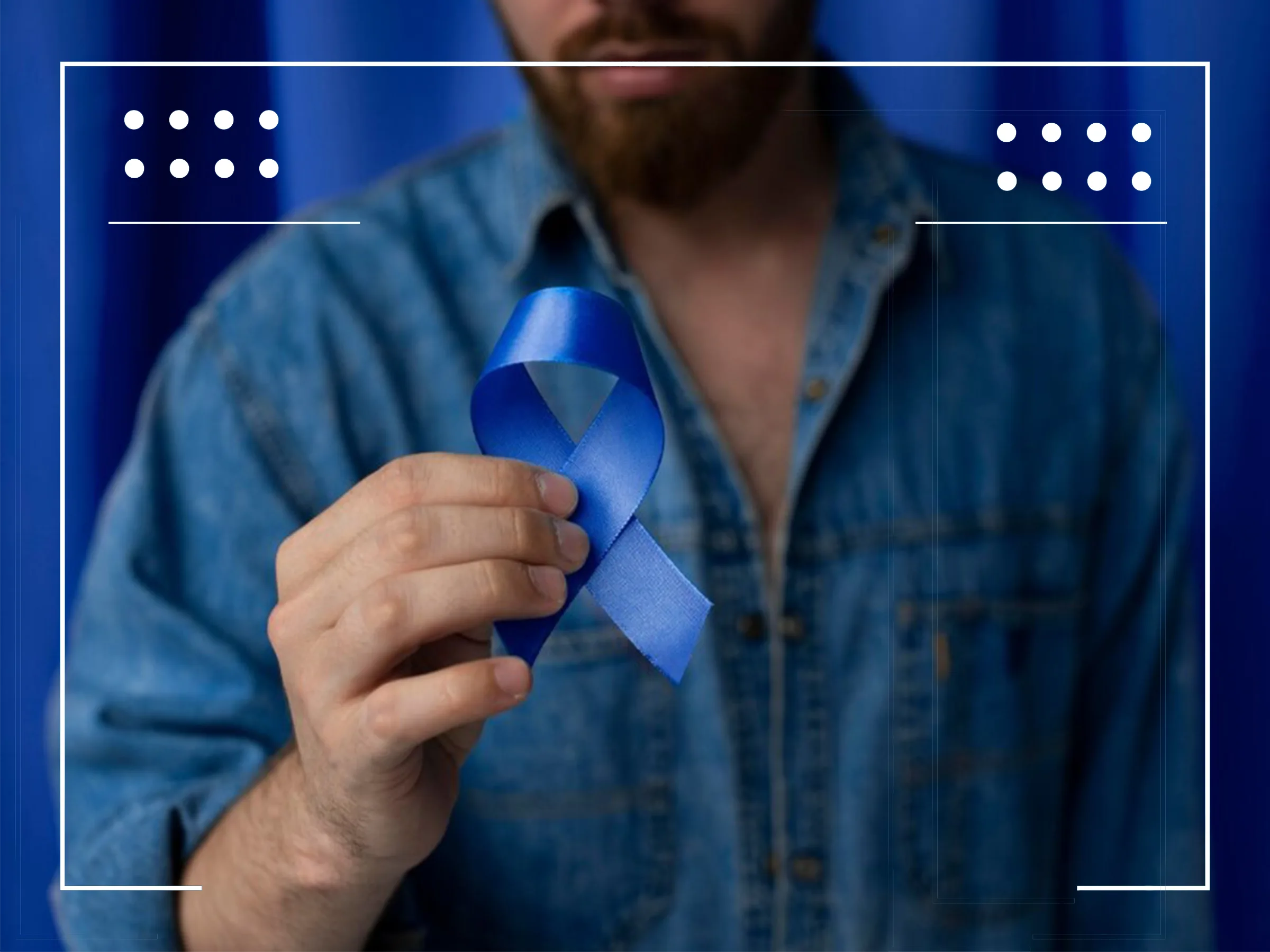
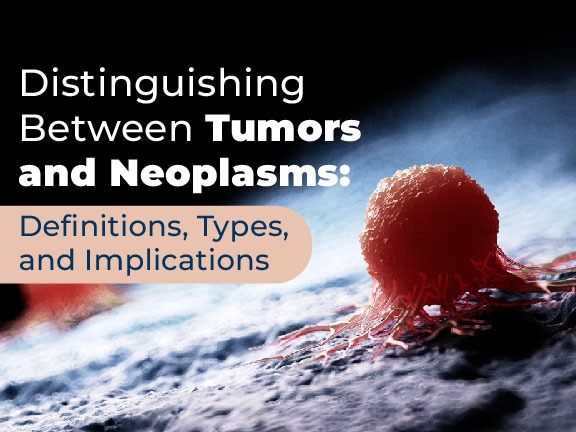
6 Comments
Thank you for this help although I love my Oncologist and believe he is giving my best treatments.
Thank you for your feedback. Please do not hesitate to reach out to us in the future should you need our services.
I’m looking forward to this I have to get well
Hi Darlene, please reach out to us via email or telephone, we would be happy to assist you.
Thank you in advance for. I will do all my possible best for a cure
I am presently in targeted therapy. Alectinib.
Hello Edward, I am happy to hear that you are currently on Alectinib therapy. Many clinical trials are focused on mutations in genetics. We would be happy to review your records to see if you could benefit from any clinical trials.